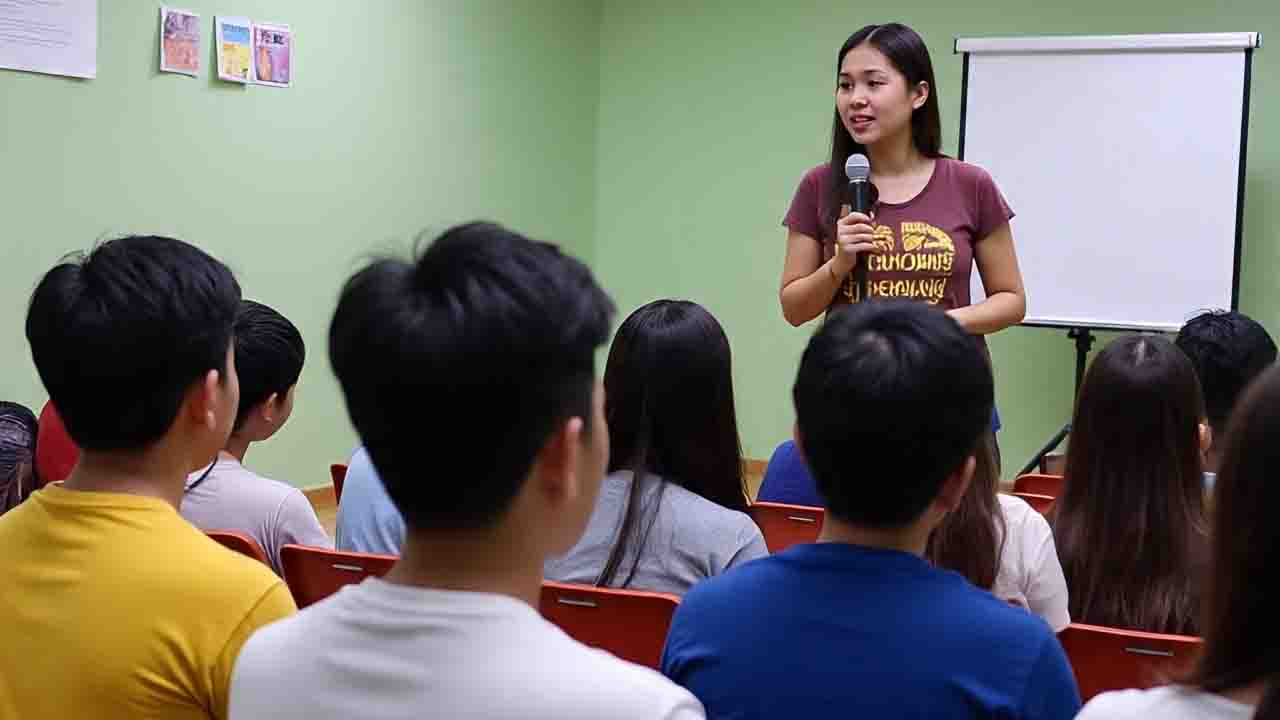
Arcadiadaily – US Funding Cuts have sparked widespread concern among health advocates in the Philippines, as vital community-led HIV prevention programs face potential collapse. These programs many of which focus on young people and vulnerable populations rely heavily on financial support from the United States through the President’s Emergency Plan for AIDS Relief (PEPFAR) and implementing partners such as EpiC. With funding now in jeopardy, community hubs like Free to be YOUTH are struggling to sustain the innovative outreach that has kept infection rates in check.
The potential consequences are dire. Without continued support, efforts that once reached thousands of at-risk individuals with accessible. Culturally relevant education and care could vanish leaving a gap that public systems are not yet equipped to fill.
US Funding Cuts threaten more than just operations they risk reversing hard-won progress in youth-led HIV prevention. According to Russell Elloso from Network Plus Philippines, 60% of people living with HIV in the country remain untreated. With infections rising fastest among those aged 15 to 24. Community hubs like Free to be YOUTH play a vital role in bridging the gap between health systems and marginalized youth.
“Dual Fuel and RCCI Engines Cut Emissions by 30%”
These hubs have pioneered creative outreach strategies, from social media campaigns to peer-led education in local languages. Their grassroots approach allows them to reach individuals who might otherwise be excluded from traditional health campaigns. With reduced funding, many of these strategies may disappear.
US Funding Cuts have prompted community leaders to call for stronger domestic support. Activists are now urging the Philippine government to fill the gap by investing in community-driven HIV responses. Especially those tailored to the unique needs of youth and LGBTQ+ populations. Health programs see innovative tools like long-acting PrEP, vaginal rings, and self-testing kits as essential to sustaining the fight, but they can only offer them if funding allows
As external aid wanes, local collaboration between government, civil society, and private donors becomes essential. Failure to act immediately risks losing a generation of progress and the trust that came with it. The trust and engagement of the communities that made that progress possible.
“Amazon Alexa Gets Smarter: Real-Time News Powered”